The recent A-share market gives me a feeling that can be summed up in one word: "Juàn", which is the Chinese term for involution, to the extreme.
Moreover, this feeling has not been a fleeting one; it has been persistent for nearly a year.
Since June 2023, the market has entered a phase of involution.
The so-called involution refers to the absence of new capital, with only existing capital engaged in competition.
Apart from some additional funds from the national team in January of this year, there has been no significant influx of large-scale capital.
These national team funds have merely taken over the explosive positions of snowballing, private equity, quantitative funds, and leveraged financing.
In other words, these funds came for the purpose of bottom-fishing and cannot be considered as new capital at all; they have merely replaced some bloody chips.
Without a clear influx of new capital, the A-share market has always been engaged in a brutal game of existing capital competition.
Why is the competition of existing capital so brutal?
1. Capital is being consumed, and the market is making withdrawals.The market appears to be a stock of assets, but in reality, it is consuming funds.
Consider this: there are so many industries related to the entire market and securities, how many related personnel does this industry support, and how much does it cost?
These costs all come from the stock market, a giant cash machine.
No one is "depositing money" into it, only continuously consuming and withdrawing funds every year, the market will definitely not be able to bear it.
Transactions require fees, commissions, and stamp duties, which is a form of withdrawal.
Major shareholders need to reduce their holdings, executives need to cash out, which is also a form of withdrawal.
Large funds enter the market like autumn winds sweeping the fallen leaves and leave, taking away money from others' pockets, still a form of withdrawal.
Various stock charges are still a form of withdrawal.
Whether it is securities firms or funds, they are all withdrawing money from the market.
There is only so much money in this market, after being withdrawn every year, it will inevitably shrink.Most of these funds, apart from some investment institutions, "donated" a part, and most of them come from the pockets of retail investors.
The game of stockpiling is a game of emptying pockets.
It's just that some people with quick eyes and hands have taken the money from other people's pockets, but this part of the people will always be a minority.
It is necessary to understand whether you treat the market as an ATM or the market treats you as an ATM.
2. Big fish eat small fish, small fish eat shrimp.
In the stock market, large capital has a huge advantage over small capital.
Large capital determines the trend and direction, and small capital can only follow to get a share of the soup.
In an incremental market, large capital and small capital have a win-win relationship, with large capital taking the lead and small capital following closely.
As for those who take over the plate, they are all handed over to incremental capital.
But in the stock market, large capital and small capital are in a game of competition, with large capital taking the lead, then making a U-turn and directly swallowing small capital.It means that small capital is responsible for taking over the positions, while large capital is responsible for wiping out the small capital that follows the trend.
This has become a game of chess between retail investors and institutions, with almost no chance of opportunity.
The key point of this game is that the intentions of large capital can change with the changes of small capital.
To put it bluntly, it's about adjusting the strategy based on the market situation; if there's no trend-following, the price keeps rising, and if there is, the trend-followers are immediately eliminated.
The longer the duration of the stock game, the more disadvantageous it is for ordinary retail investors.
You will notice another phenomenon: the market keeps rising in the direction where there are fewer retail investors, and it keeps falling in the direction where there are more retail investors.
This can be said to be the inevitable outcome of the stock game.
3. Rising in the East and falling in the West, piecing together, and patching up.
The market of the stock game also has a characteristic, that is, capital will quickly move between various sectors.
Poor sustainability is the feeling that the stock game gives people.The reason is simple, because the funds are limited.
When the east shines, the west does not.
Ripping off the east to patch up the west is key in the game of stock inventory, only the method of tearing may not be the same.
The rotation of ripping off the east to patch up the west that retail investors understand should be repeatedly switching between high and low positions, once a direction is pumped up, switch to a lower position for speculation.
But the actual situation is that some sectors will have a certain continuity, and most sectors are running away.
That is to say, focusing on a few main lines, covering the market of various auxiliary lines.
The market of the main line will repeatedly draw away funds, and the market of the auxiliary line, every time it surges, is a good opportunity to run away.
Only when the main line market ends will the funds flow back to the auxiliary lines, or make some intermittent pulse rebounds during the adjustment period.
The whole market will be relatively deformed, to put it nicely, it is called a structured market, in fact, it is a market that finds some local places to water.
4, there are many first-mover advantages, and those who are late to realize will be slaughtered.The process of stock game is about the advantage of the first move.
The so-called first move refers to the funds that enter the market first and heat it up.
These funds quickly enter the market to find hot spots, then drive the direction of the market and pull the whole index's trend.
Most of the small funds in the market, including retail investors, are not very sensitive to the market.
When they enter the market, it is at least the next day, that is, T+1 day, and the time to sell for profit is already T+2 days.
This leads to many short-term hot spots, which have already been taken over by the second day, and there may be no other takers on the third day.
Under the play of the stock game, chasing what you want will lead to losses, because you are half a beat slow.
The big hot spots often last for 1-2 weeks, or even several months, which will be slightly better, at least not easy to be trapped quickly.
In the stock market, the advantage of the first move is emphasized. If you want to chase hot spots, it is best to take action in the market, rather than waiting for fermentation.
The play of the stock is to shear each other's wool, the risk of the first move is very small, and the risk of the latter move is very large.The involution in the market, from a certain perspective, is an inevitability.
The incremental funds are reluctant to enter the market due to the irrationality of some systems, various short-selling mechanisms, the reduction of shares by major shareholders, and the imperfection of dividends, etc.
These systems are actively undergoing changes.
However, the fundamental reason is still the profit effect and the valuation at the time of entry.
Nowadays, we say that most of the money is idling in banks, but the money in banks, when it comes to entering the stock market, the first consideration is safety. Only a reasonable valuation can provide enough security for this part of the funds, and they may be willing to enter the market.
Therefore, the situation of the existing game may continue for a period of time.
At least we should be clear that the probability of attracting incremental funds to enter the market above 3000 points is actually not high.
But incremental funds will definitely come.
The core of the "Nine Measures" is to open up the entry of incremental funds, including the opening of bank wealth management funds into the market.However, these funds will certainly enter cautiously and quietly, at least not causing any waves on the market surface.
Patiently wait, and when the bear market is over, the funds will bring the bull market with them.







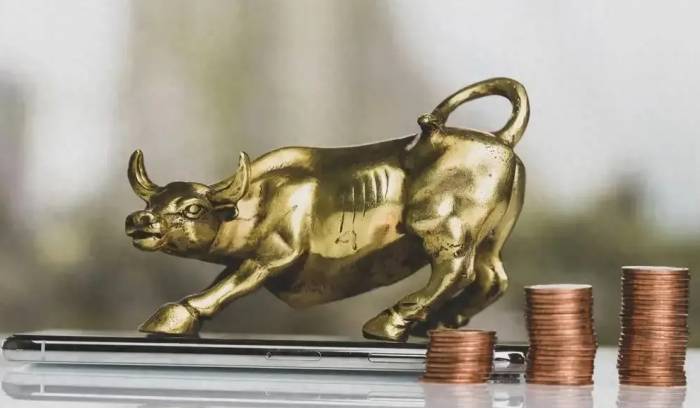
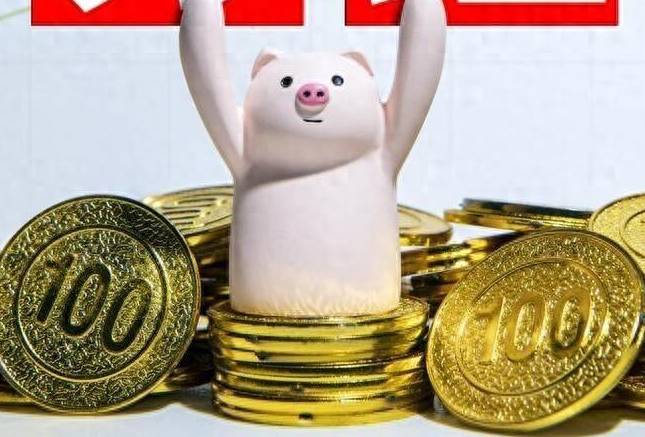

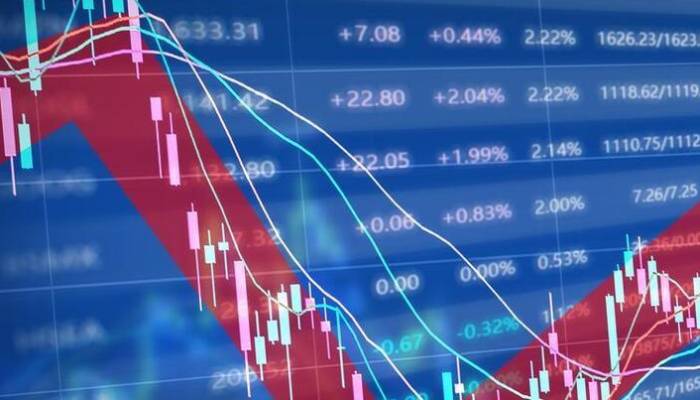


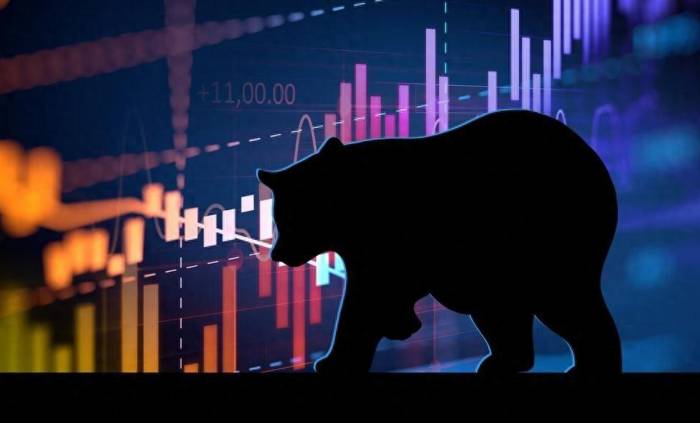
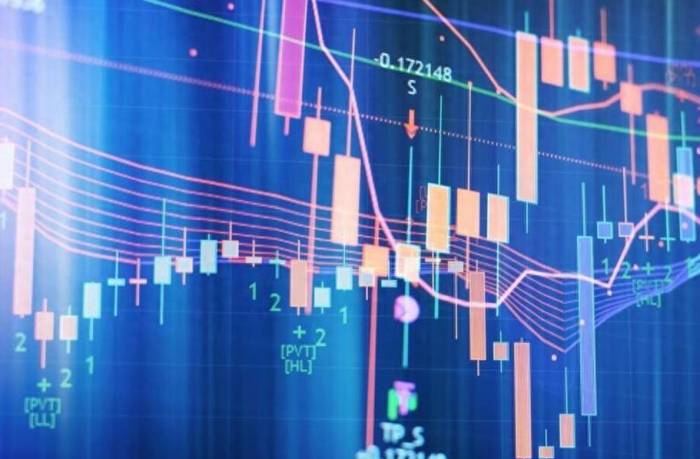










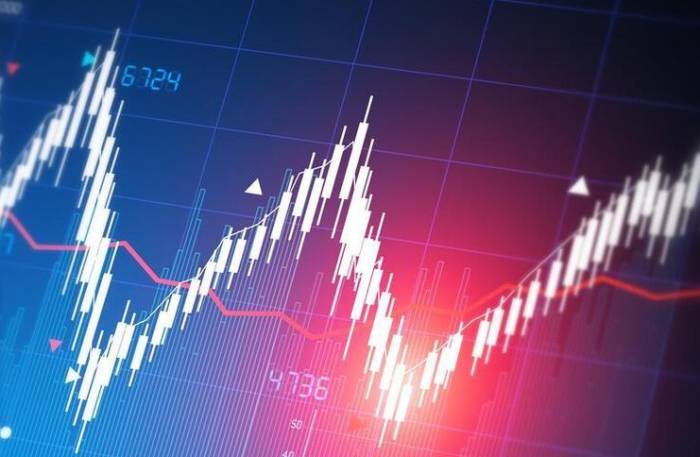


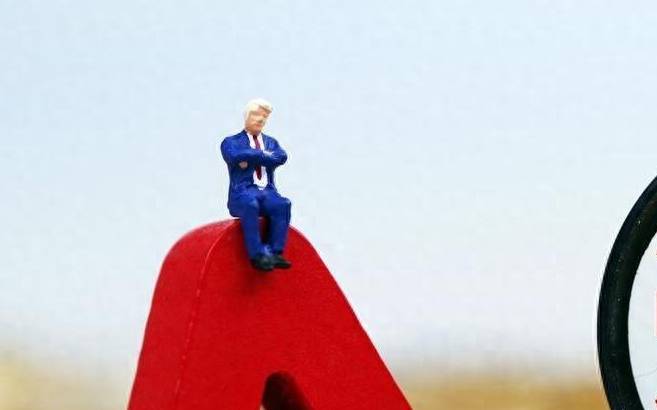

Join the Discussion